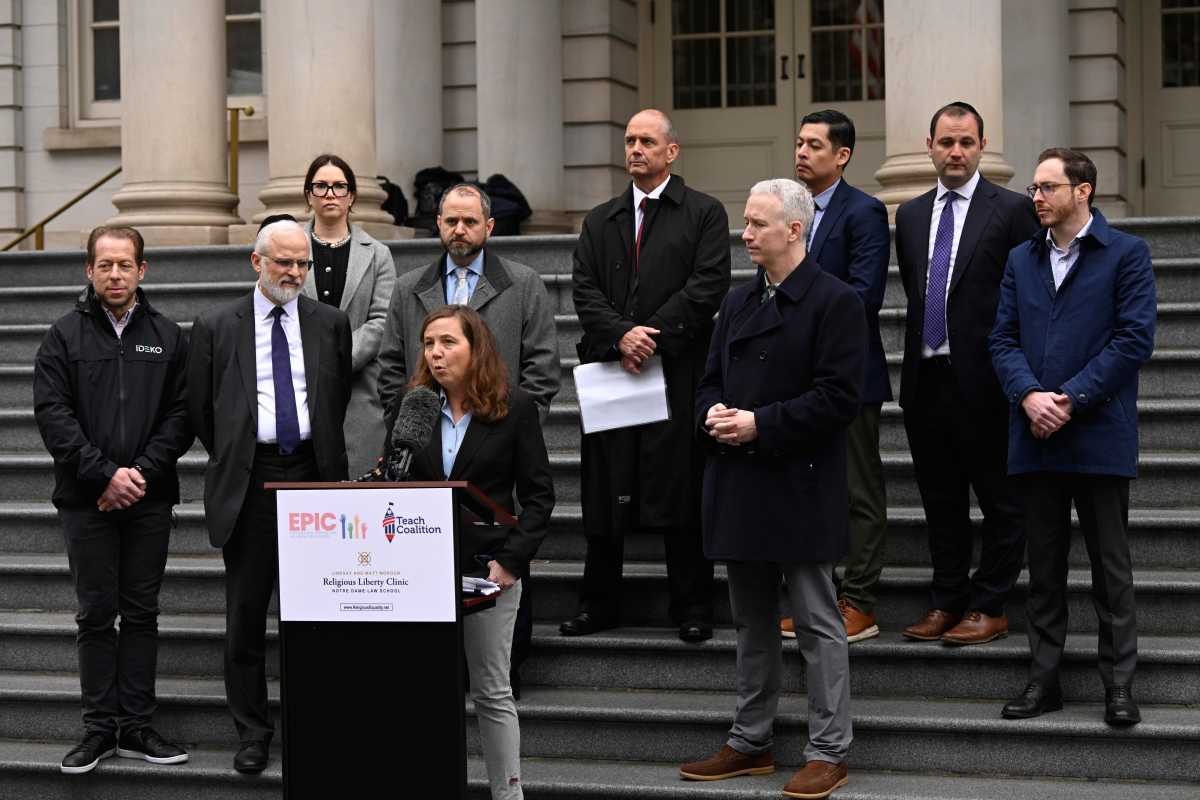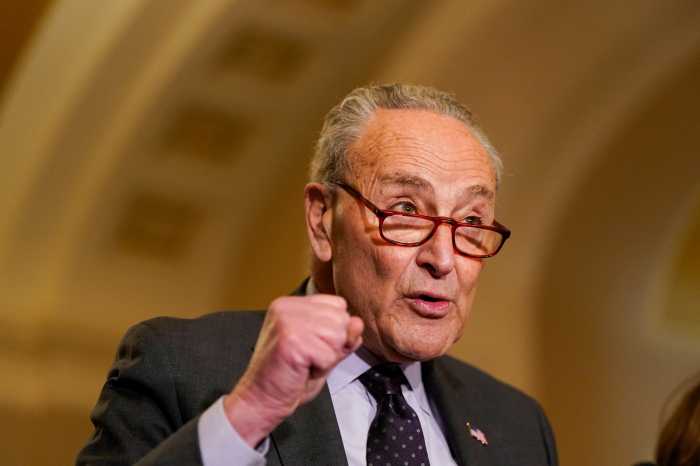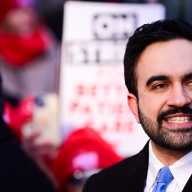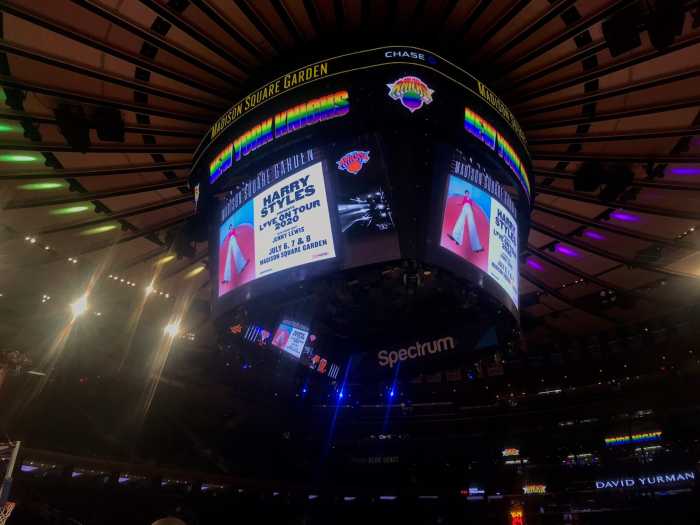A report from the EPIC Coalition reveals what the organization called state policies that systematically bar faith-based organizations from receiving public education funding.
The organization unveiled the report, titled “Examples of Egregious Exclusion of Religion from Government Programs,” during an April 3 press conference at City Hall, where legal experts and faith leaders discussed the findings and called for legislative reforms at both the city and state levels. The coalition argues that these policies have real-world consequences, preventing faith-based institutions from accessing resources available to their secular counterparts.
The EPIC Coalition — an organization that advocates “for greater investments and fair funding for all types of schools” — said in the report that more than four million students in 25,000 nonpublic schools nationwide are affected by such exclusions.

The report highlights discrimination in New York’s programs for at-risk students and STEM teaching grants from prekindergarten through high school.
Additionally, the report found that state education law forbids funding for at-risk student programs at religious schools. New York has also allegedly denied STEM teaching grants to schools solely “based on religious activity or content.”
Nicole Stelle Garnett, associate dean of external engagement at Notre Dame Law School and leader of the EPIC Coalition, strongly opposed these exclusions.
She stated, “No one should be denied a meal because of religious discrimination, no one should be denied an education because of religious discrimination, and no one should be denied basic health care because of religious discrimination. Unfortunately, today, in America, that’s happening again and again. Across the country, hundreds of state, local, federal laws and regulations exclude religious organizations from accessing public funding simply because they are religious.”
Garnett emphasized that the report seeks to promote the common good by ensuring religious organizations receive the funding they are constitutionally entitled to. She pointed to the First Amendment, which explicitly prohibits religious discrimination, and noted that the Supreme Court has consistently ruled against policies that exclude religious organizations from public programs.
“Unfortunately, our report and the website that we have set up establish that there are hundreds of regulations and statutes at all levels of government that can do exactly this,” Garnett added.
The EPIC Coalition hopes the report will ignite policy changes that level the playing field for faith-based and secular organizations alike. Read the full report at religiousequality.net.







































